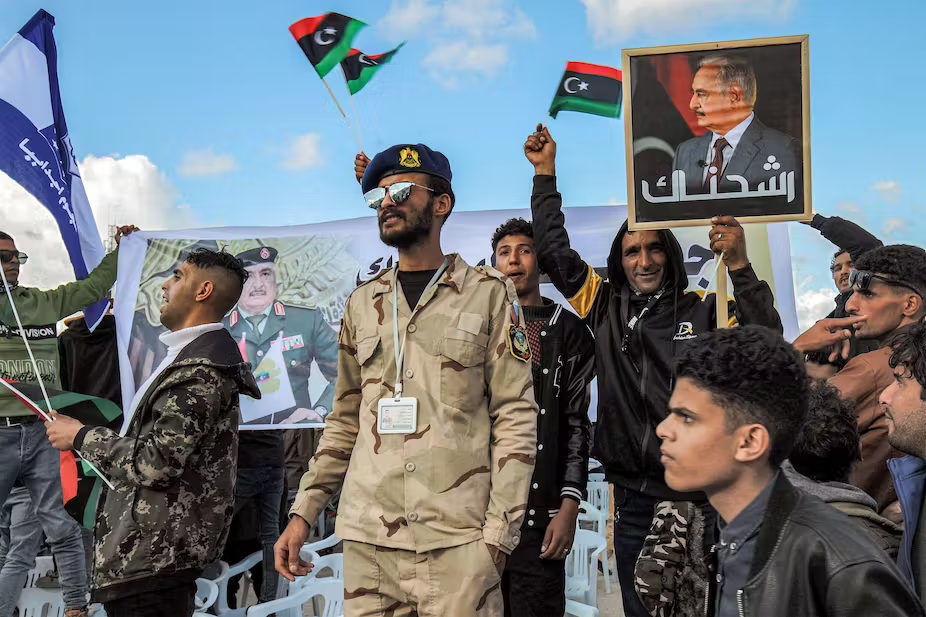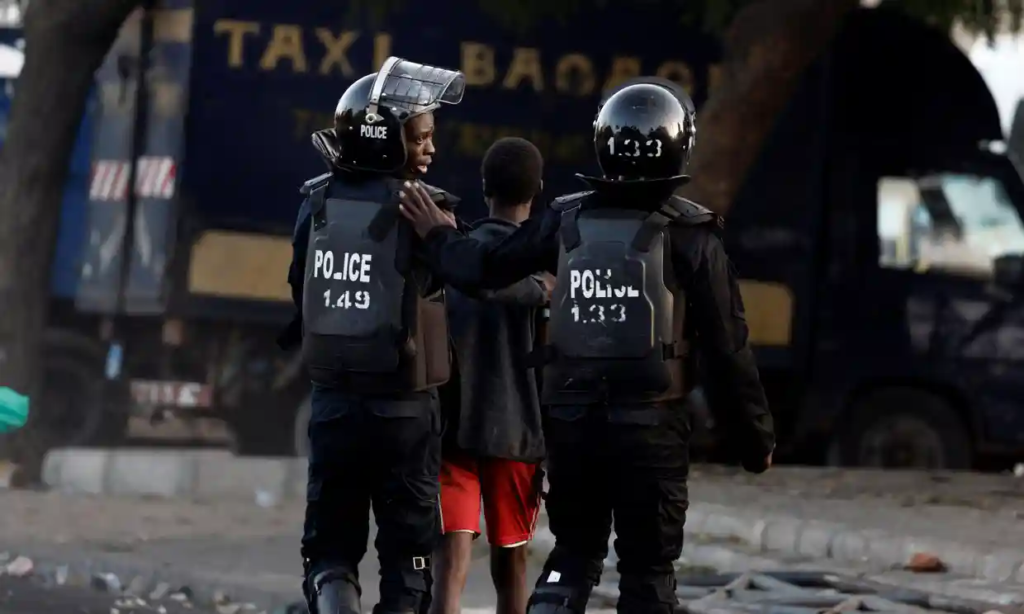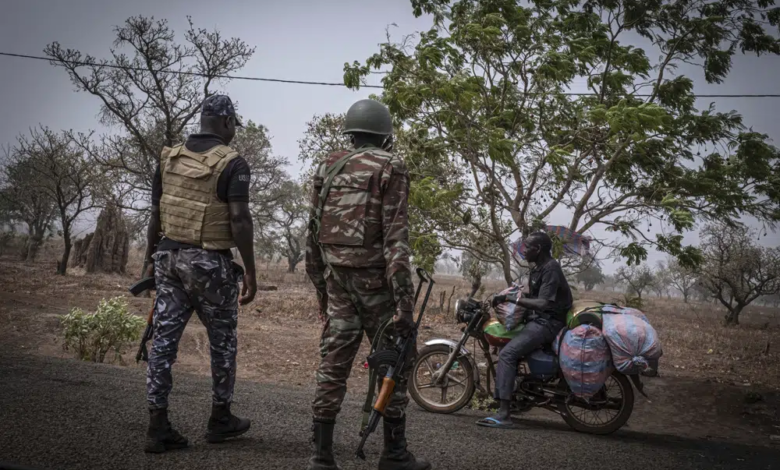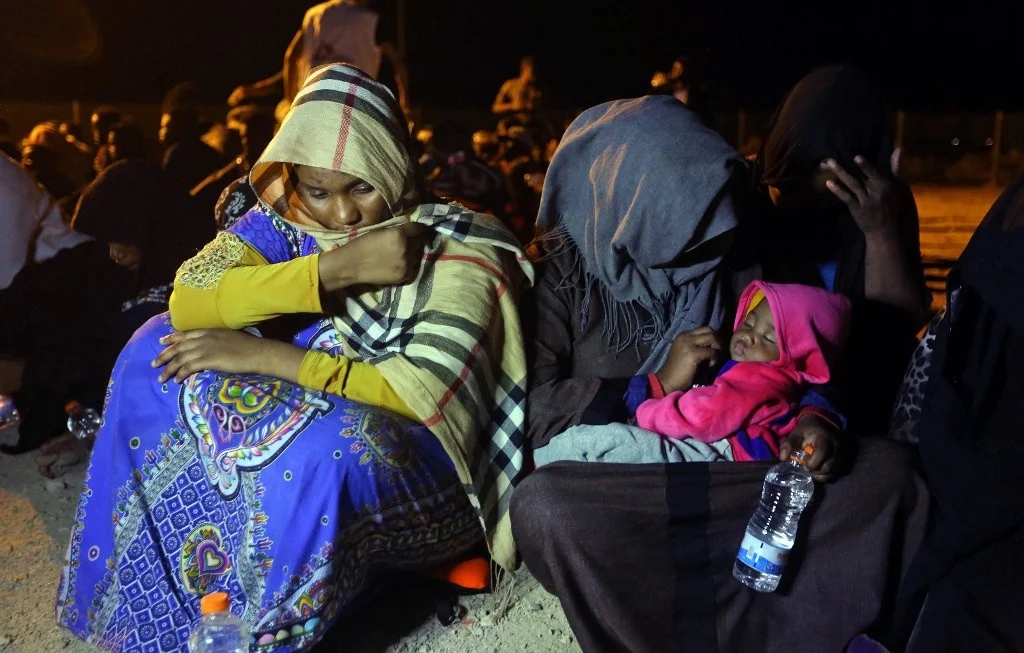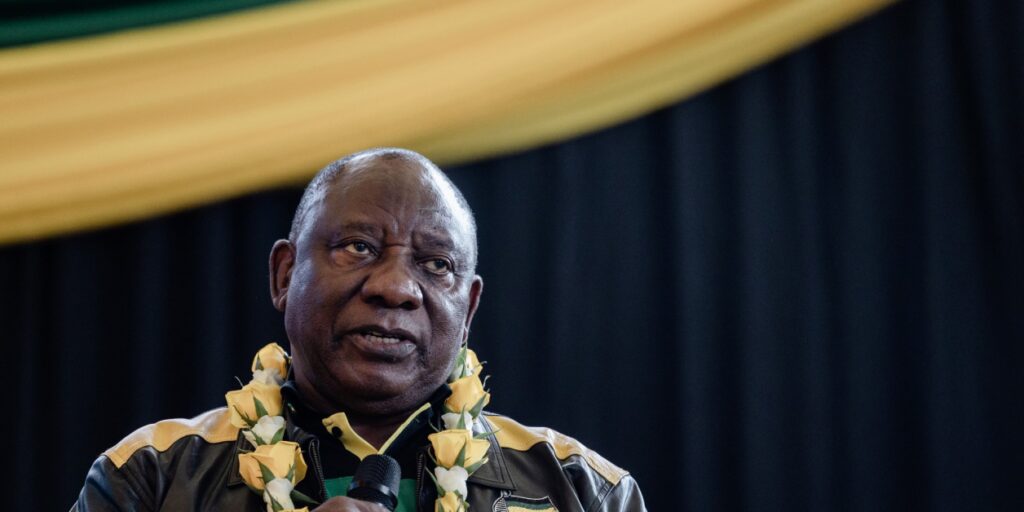Le groupe Wagner va continuer ses opérations au Mali et en Centrafrique, affirme la diplomatie russe
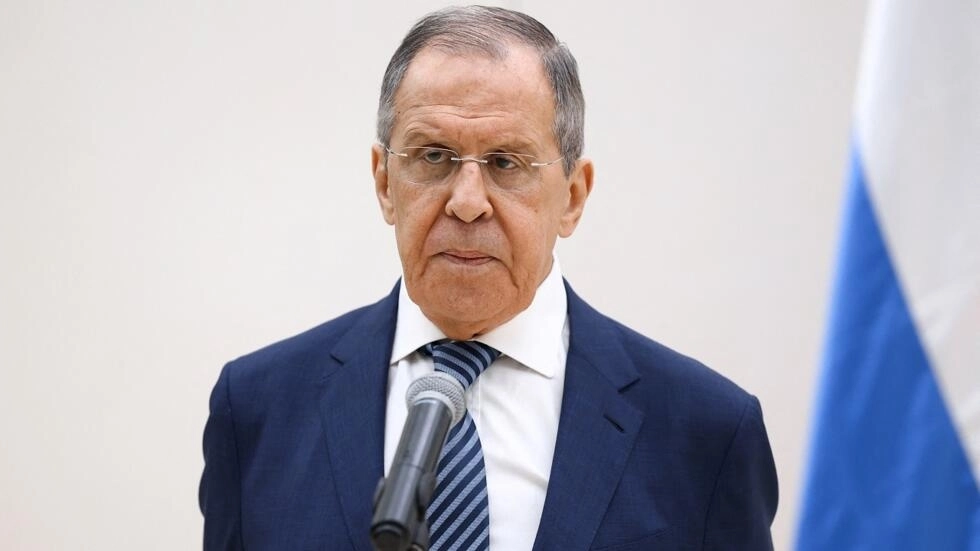
Le groupe paramilitaire Wagner va continuer d’opérer au Mali et en Centrafrique, a assuré le 26 juin 2023 le chef de la diplomatie russe, qui affirme en outre que la rébellion de cette organisation en Russie n’affectera pas la relation entre Moscou et ses amis. Les membres de Wagner travaillent au Mali et en République centrafricaine « comme instructeurs » vont « bien sûr continuer », a déclaré Sergueï Lavrov dans un entretien à la chaîne RT.

